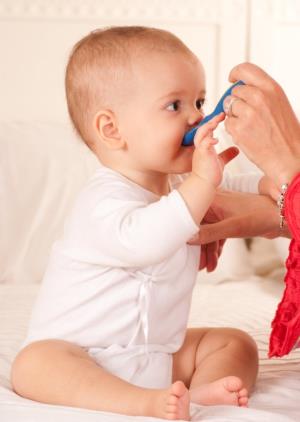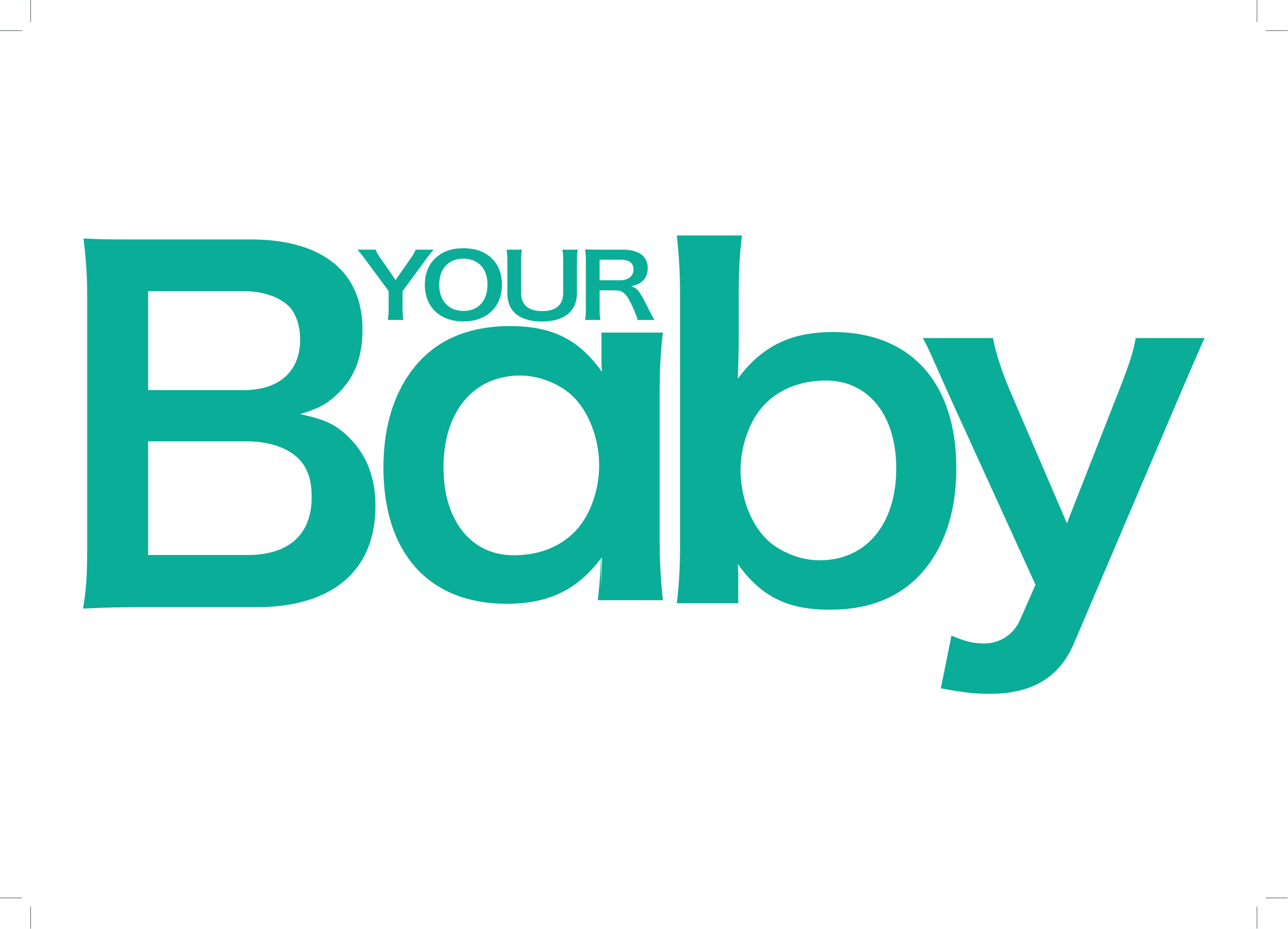
Many women work, so the image of “mom in the kitchen” pouring over soups and stews and sweating over roasts is out of date. The nutritional needs of babies and children have not changed and balanced eating habits are an important foundation for life.
How often to feed
0-6 months: “need feed” implying following your baby’s cue (every 2-3 hours) 6-12 months: every 4 hours 1-2 years: 4 meals daily 2-3 years: 3 meals daily, with fruit snacks in betweenWhat to feed
0 – 6 months:
Ideally only breastmilk, which contains all essential nutrients, such as amino acids to build the brain and antibodies to establish and boost natural immunity. Breastmilk is easily digested and prepares the gut for solids, minimising allergic reactions. It’s also economical, readily available, warm and sterile. It reduces the incidence of auto-immune reactions such as the development of insulin-dependent diabetes.6 – 12 months:
Time to introduce solids - one new food at a time at weekly intervals. Dieticians advise starting with small quantities (1 tsp) of steamed, mushy vegetables first. It’s best to start with vegetables before fruit, as your baby may reject anything savoury if she gets used to the taste of sugary fruit first. Cooked cereals are also recommended such as rice cereal, because it’s rich in iron, easily digested and less likely to cause allergies. Introduce proteins (meat, fish) from 8 – 9 months old only and egg yolk from 10 months. Introduce egg white only after 12 months to avoid allergies.1 – 2 years:
At this age your child can eat from the family pot, especially the following: rice, mashed sweet potato, soft pap, stewed meat, chicken, flaked fish in a sauce, and mashed yellow, green and white vegetables. At this stage you can reduce milk intake and introduce cup feeding. You can also introduce teething rusks and chunky fruits, such as peach, pineapple, banana, slices of apple, or orange segments.2 – 3 years:
Your toddler is now part of family meals, enjoying all food groups and forming good eating habits. Serve small portions as she may eat a lot one day and a little the next. She is likely to have favourite foods and to love rituals - same chair, dishes and cutlery. At this stage milk is no longer a substitute for solid food.What the body needs
Babies and tots need brain food (amino acids) food for energy, some healthy fats (60% of the brain’s dry weight is made up of fat) fruits and vegetables (for vitamins and minerals) and water. A balanced, healthy diet will not only strengthen your baby’s immune system, his physical and emotional health, growth and development will thrive on this combination. Malnourished children are always sick, lagging behind their mile-stones and in very severe cases this can lead to Nutritional Development Delay Syndrome.What the body doesn’t need
Diet affects mood and behaviour
Too many minerals, too much sugar and too many chemicals affect more children than we realise. The relationship between diet and hyperactivity was identified in 1973 by Dr Ben Feingold, in San Francisco. He documented that, at the time, the average diet contained over 2 700 “intentional” food additives and as the quantity of those substances had increased over the years, so had the reported rates of hyperactivity and learning problems. In his book Maximise your child’s potential, author Patrick Holford lists reasons why optimal nutrition is best for your child’s brain. Too much sugar is too much of a good thing. While children would tend to disagree, experience has taught us that after a birthday party laden with sugary food children swing from hyper (over) active to hypo (under) active with high and low sugar-load.Preventing allergies
This is a biggie. An allergy is no longer trendy party chatter for fretful mothers who fuss over every sniff and sneeze. The environment we live in today has smogged the skies, robbed the soil of nutrition and replaced it with garbage, toxins and hormones that also pollute the water. Children are not spared the side effects of chemicals, processed and preserved food with few minerals and vitamins. Allergies also come from a depleted immune system nudged by an antibiotic overload, a sterile environment (too hygienic – no germs) and a lack of friendly bacteria (probiotics). Ideally the diet should prevent allergies and boost immunity. If you’re preparing home-cooked food, use fresh (preferably organically grown) fruit and vegetables and “free-range” chicken meat, fresh lamb and simple line fish. Be extra cautious if there are known allergies in your family. Allergy-inducing foods include:- Cows milk
- Wheat, corn or soy
- Egg white
- Chocolate
- Citrus fruit
- Sugars: dextrose, glucose, fructose, lactose, maltose, honey and fruit sugars
- Meat extracts
- Flavourings and colourants
- Processed starches
What does organically-grown mean?
Organically-grown fruit and vegetables are produced in harmony with nature, without the use of synthetic pesticides, herbicides and fertilisers. Organic farmers nurture soil fertility by mulching, companion-planting and using natural pest repellents. In this way, fruit and vegetables are not exposed to toxins, chemicals and hormones.Tips, treats and tricks:
Don’t make meal-times a war zone and don’t force your child to eat everything on her plate. Serve small, manageable portions and introduce an interesting variety of food to her diet. Lucy Thomas, author of Teaching your children to love fruit and vegetables without tears, suggests:- Growing your own vegetables
- Getting your child involved in meal preparation
- Sitting down to eat as a family
- Asking your child what she would like to eat
- Don’t let your child get overtired or over-hungry
- Teach her colour, texture and co-ordination (eg. by picking up peas)
- Don’t use food as a bribe
- Avoid giving her nuts, raisins, popcorn or sweets between meals.
- Healthy baby and toddler foods from 0 – 3 years, by Amanda Grant
- Smart food for smart kids & Maximise your child’s potential, by Patrick Holford
- Teaching your children to love fruit and vegetables without tears, by Lucy Thomas




 Publications
Publications
 Partners
Partners











